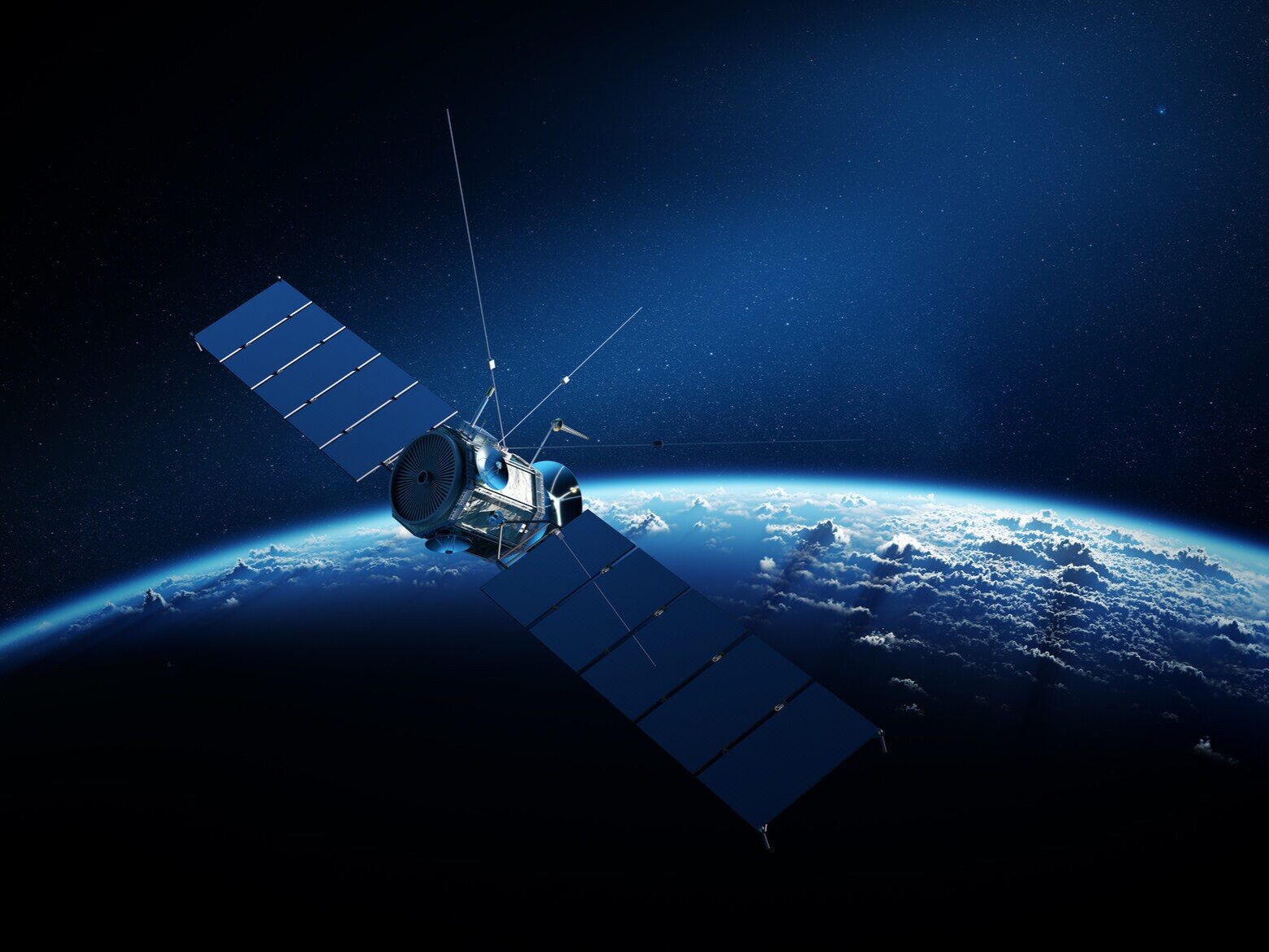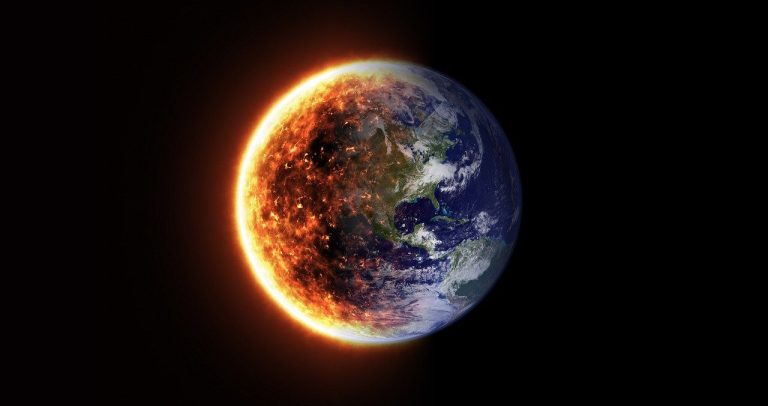A two-ton satellite enters the atmosphere. Its debris will hit the Earth

The ERS-2 satellite will enter the Earth’s atmosphere on Wednesday, February 20, and its fragments may even reach the surface of our planet. The European Space Agency is closely monitoring the entire situation.
The ERS-2 satellite, deorbited in 2011, is scheduled to enter the orbit of our planet at around 12:13 p.m. Polish time. However, it should be taken into account that these estimates are subject to a 15-hour error. We are talking about a unit that is left alone and is unable to perform any maneuvers.
The ERS-2 satellite will burn up in the atmosphere
ERS-2’s movements are constantly monitored by the satellite’s owner, the European Space Agency. It was ESA that announced the re-entry of this object into the Earth’s atmosphere. Depending on various factors, including: solar activity, various degrees of satellite decay may occur. ESA reassures us that the 2,294-kilogram structure is similar to other space debris that enters the atmosphere of our planet on average every week.
Experts predict that ERS-2 will disintegrate at an altitude of about 80 km above Earth. Almost all of it will burn up in the atmosphere. However, slight remnants may fall to the ground, most likely into the ocean. According to ESA, they will not contain any harmful substances.
The debris of ERS-2 will fall to Earth
The ERS-2 mission launched on April 21, 1995. In its day, it was one of the most advanced satellites of its type developed in Europe. Together with ERS-1, it collected data on the extent of the ice cover, land and ocean temperatures, and helped W2 observe disasters in less accessible regions of the Earth. The data he collected is still used today.
The decision to deorbit the satellite was made in 2011 to reduce the number of space deaths. The remaining fuel was burned off and then the height of ERS-2 was lowered. According to the plan, it was to re-enter the Earth’s atmosphere within 15 years. Scientists have calculated that the chances of a human being struck by the debris of this satellite are 1 in 100 billion.






